Mary Ann Little, a clinical psychologist, joins host Krys Boyd to discuss how to make sure a child’s self-centered behaviors don’t manifest into a disorder as adults and the four parenting types that promote narcissistic behavior.
Read more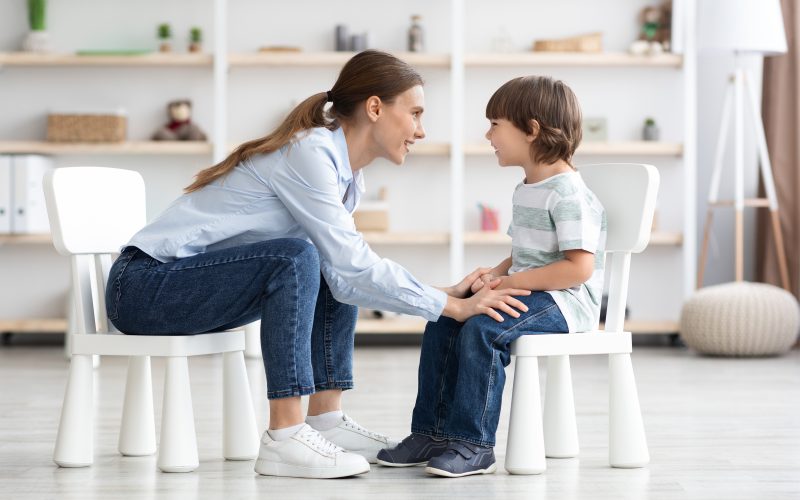


Mary Ann Little, a clinical psychologist, joins host Krys Boyd to discuss how to make sure a child’s self-centered behaviors don’t manifest into a disorder as adults and the four parenting types that promote narcissistic behavior.
Read more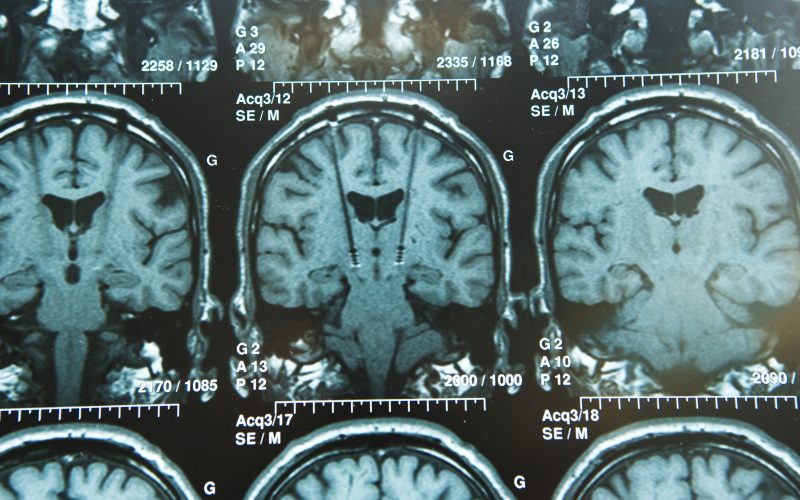
Laura Sanders, who writes about neuroscience for ScienceNews, joins host Krys Boyd to talk about the pros and cons of deep brain stimulation, where electrical pulses are delivered straight into the brain during surgery.
Read more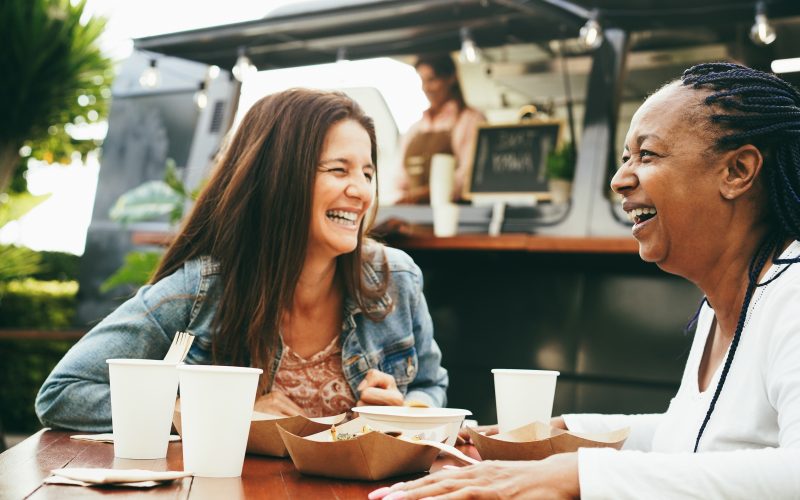
The New York Times columnist joins host Krys Boyd to discuss the skills we can learn to improve engagement and connection and develop character.
Read more
Zarlasht Halaimzai joins host Krys Boyd to discuss her life growing up amid the bombs and guns of the war in Afghanistan, and her work to help heal the trauma of children living through conflict worldwide.
Read more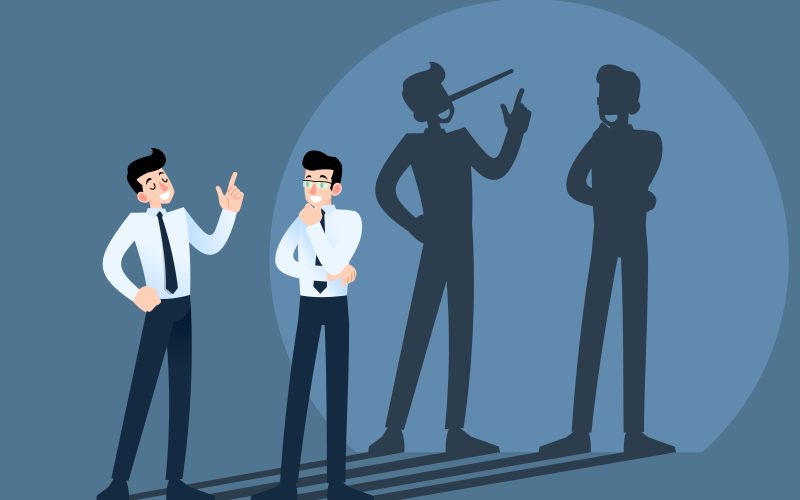
Christian L. Hart, a professor of psychology at Texas Woman’s University, joins host Krys Boyd to discuss the psychology of people who lie all the time.
Read more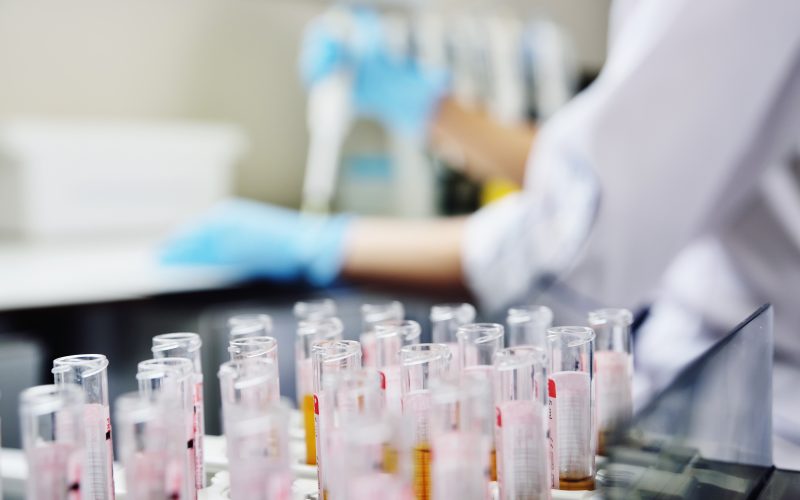
James Tabery, a professor at the University of Utah, joins host Krys Boyd to discuss why precision medicines focused on gene technology benefit only the rich, while average citizens are left behind in this new model of curing disease.
Read more
David Leonhardt of The New York Times joins host Krys Boyd to discuss how a lack of investment in infrastructure has put the U.S. behind in nearly every category from education to even life expectancy.
Read more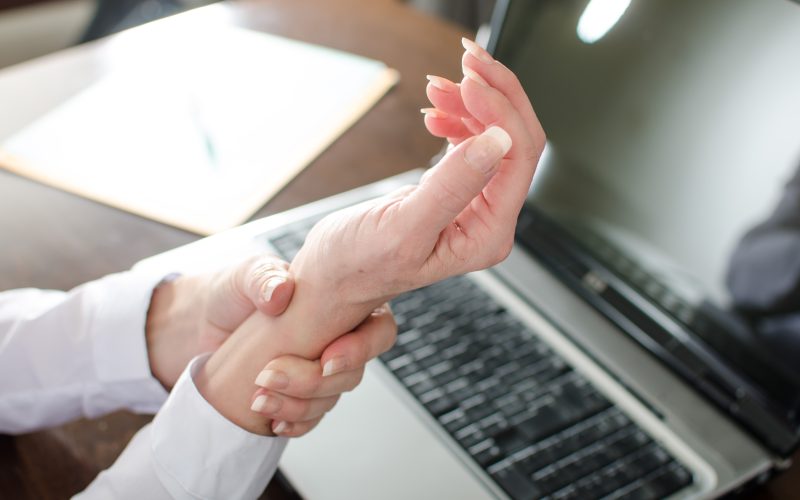
Health and science reporter Benjamin Ryan joins host Krys Boyd to discuss how carpal tunnel became an epidemic and what its disappearance says about how seriously we take workplace injuries today.
Read more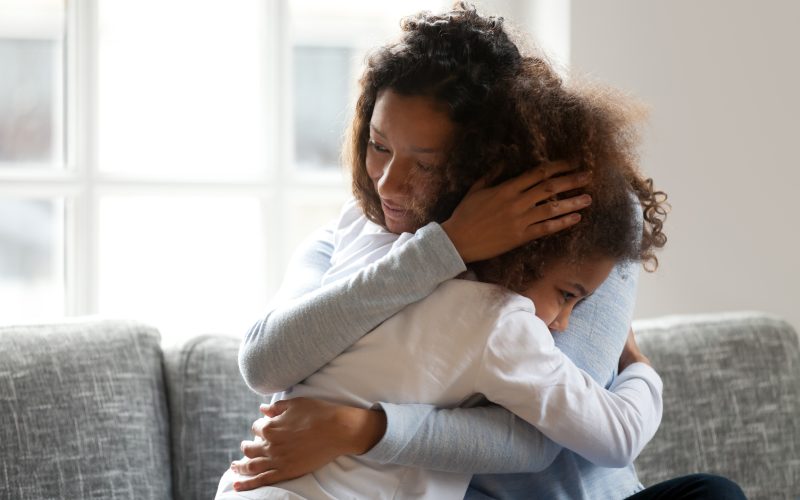
Elena Lister, associate professor of clinical psychiatry at New York-Presbyterian/Weill Cornell Medical Center, joins host Krys Boyd to discuss how parents and educators can talk about grief with a child in a nurturing way.
Read more
Spencer Kornhaber, staff writer at The Atlantic, joins host Krys Boyd to discuss the magnetism, narcissism and perfectionism of the people we call divas … and why they matter so much to the rest of us mere mortals.
Read more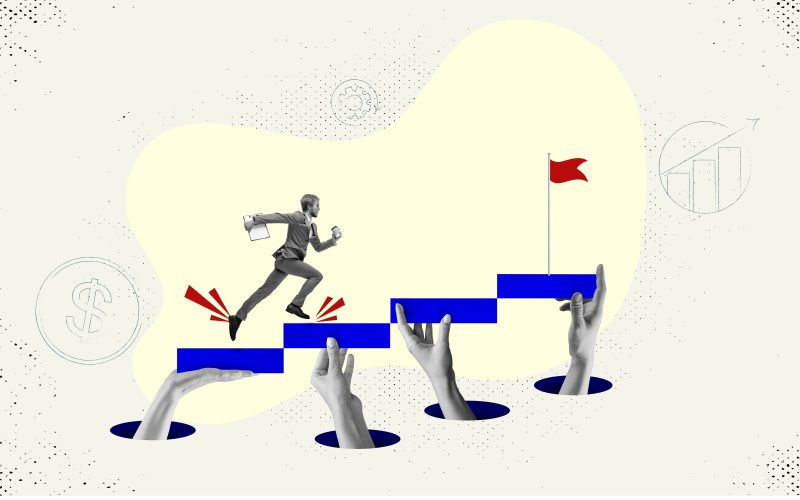
Adam Grant, an organizational psychologist at the Wharton School, joins host Krys Boyd to discuss strategies for Average Joe’s to excel.
Read more
New York University School of Medicine pulmonologist Sam Parnia joins guest host Courtney Collins to discuss his research into cognitive awareness during resuscitation.
Read more